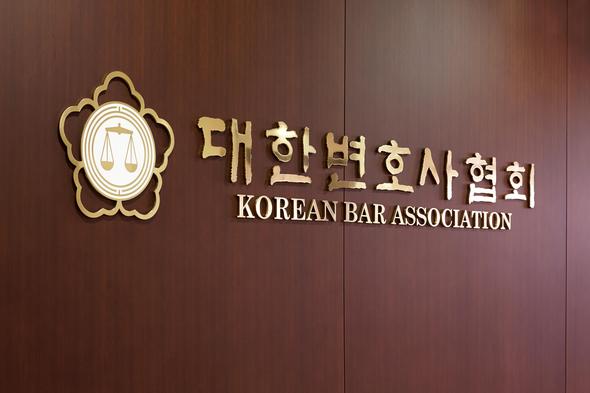 |
The headquarters of the Korean Bar Association in Seoul.
|
Saturday, March 7, 2015
Parts of Kim Young-ran could be revoked even before the law takes effect
Subscribe to:
Post Comments (Atom)
 |
The headquarters of the Korean Bar Association in Seoul.
|
No comments:
Post a Comment